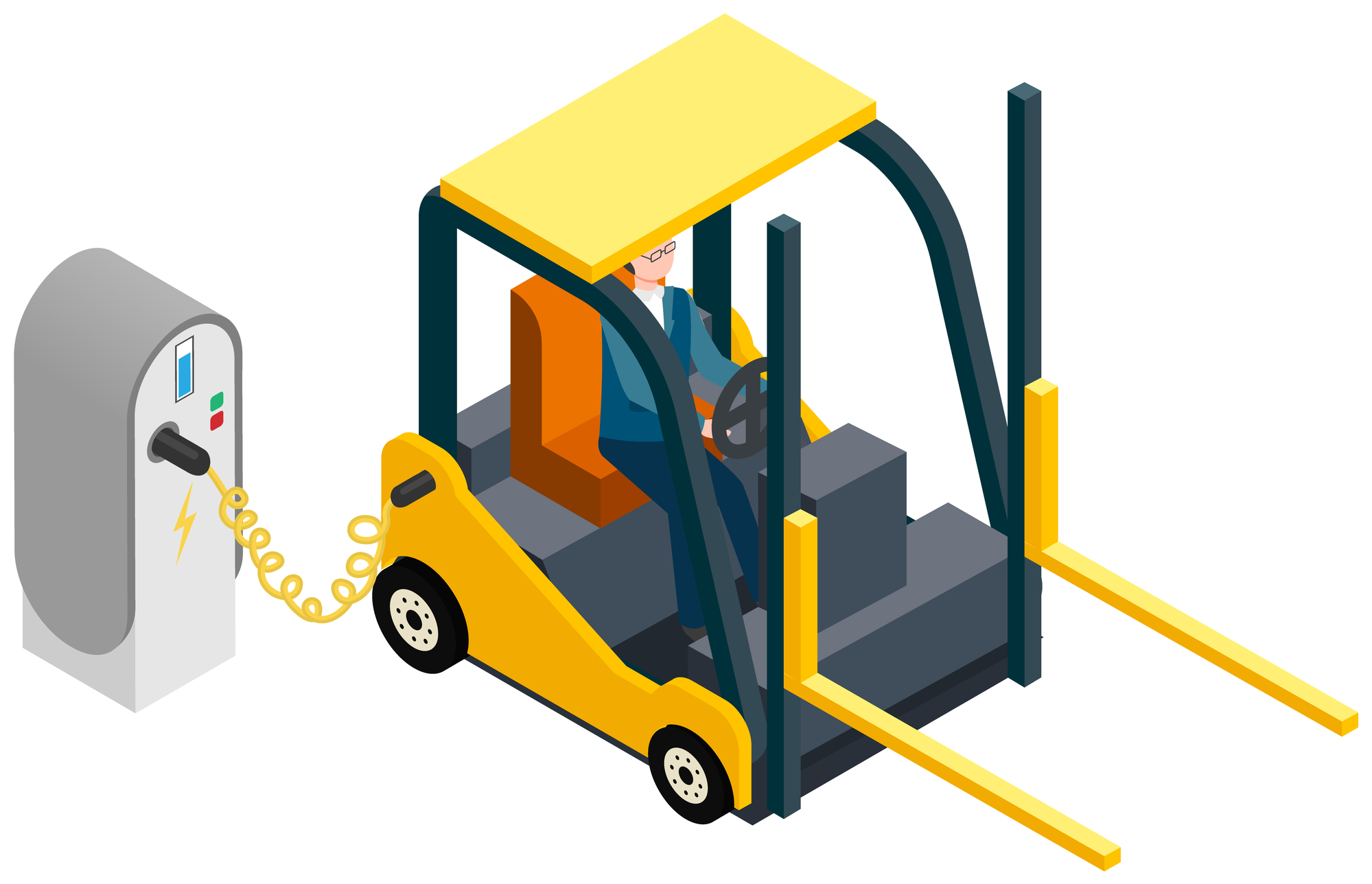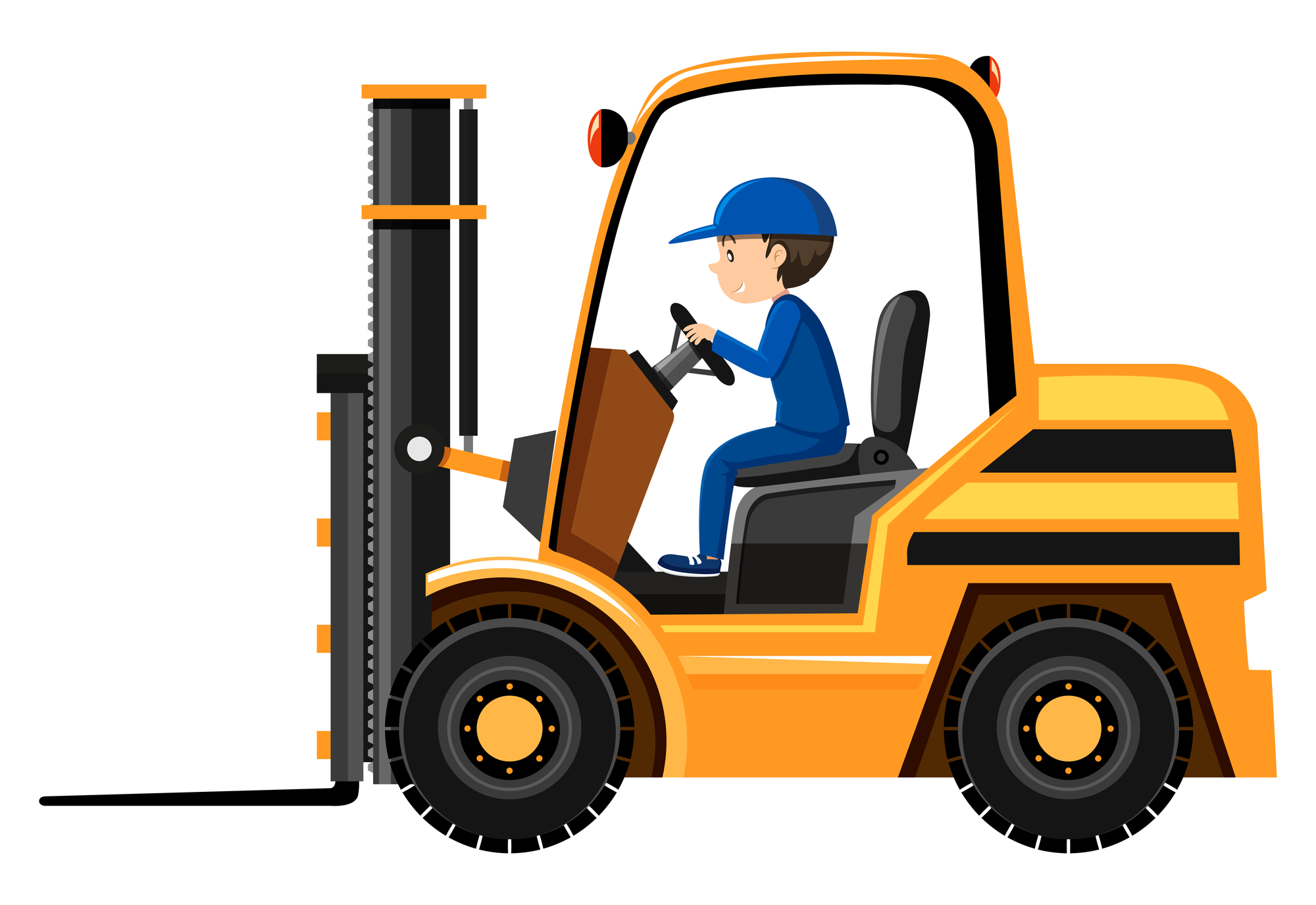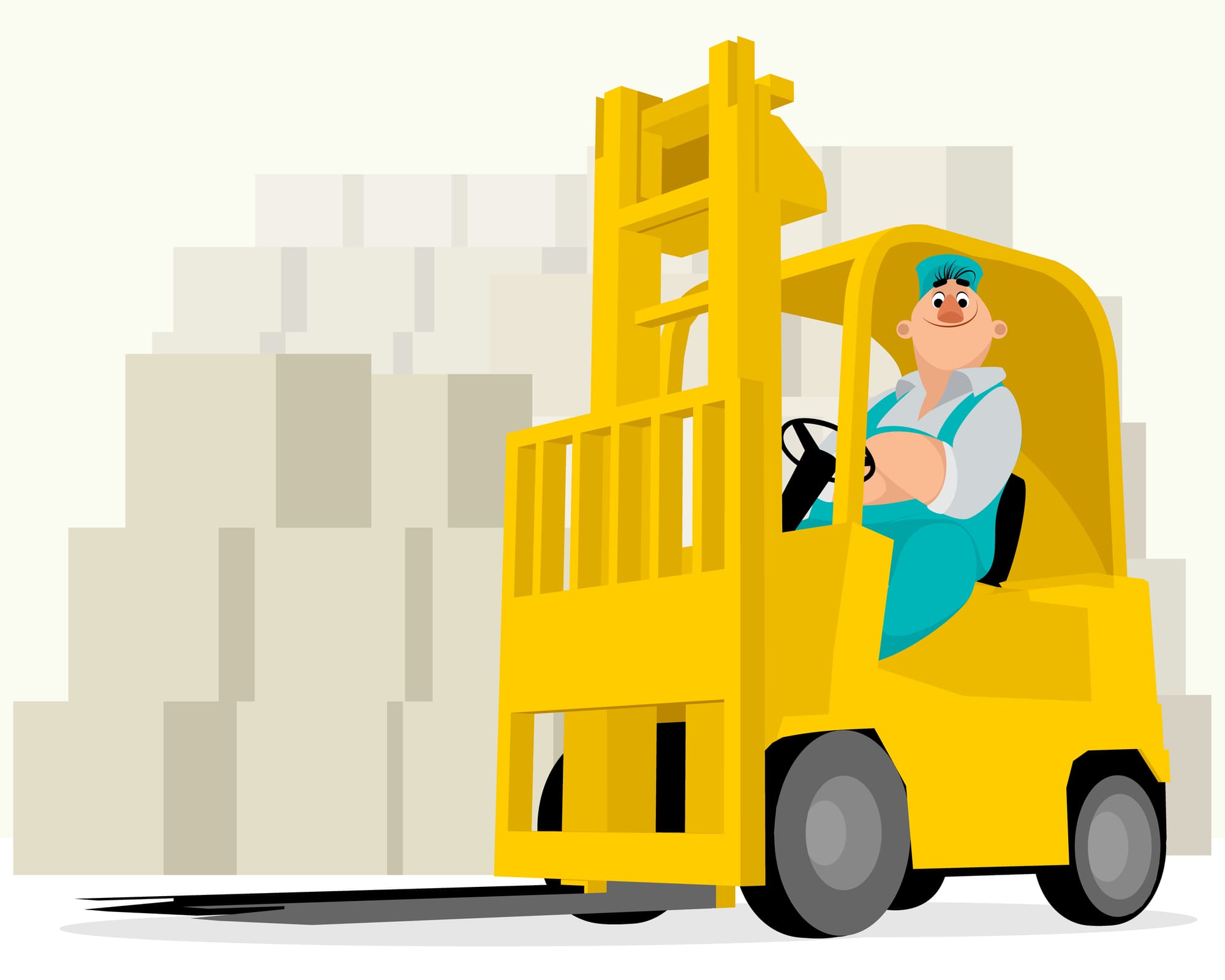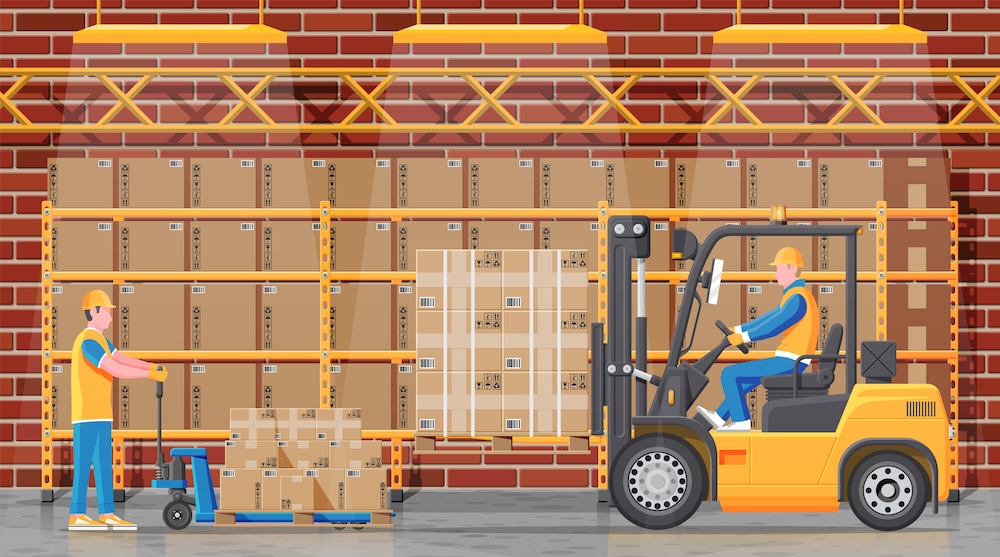How Do I Store My Forklift When It’s Not in Use?
07/11/2025
CITrucks
Storing a forklift properly during downtime helps protect your equipment and avoid costly repairs down the line. Whether you're pausing operations for a season or just a few weeks, taking the right steps now can make a big difference later.
From cleaning and inspecting to choosing the best location, proper forklift maintenance plays a key role in preserving performance. Leaving a machine idle without preparation can lead to rust, battery issues, or damaged tires.
With a few simple precautions, you can keep your forklift in ready condition so it’s dependable and safe when it’s time to put it back to work.

Should I Clean My Forklift Before Long-Term Storage?
Yes, you should clean your forklift thoroughly before placing it in long-term storage. Leaving behind dirt, grease, or corrosive materials like road salt or chemical residue can lead to rust, paint damage, and mechanical deterioration over time. A complete cleaning helps protect your equipment and keeps it in better shape for when you need it again.
Start by washing the exterior, paying special attention to any areas where grime tends to collect. Be sure to remove grease buildup around joints and moving parts, especially on the mast and undercarriage. These areas are particularly vulnerable to corrosion when left dirty. It's also a good idea to clean the operator compartment, remove food wrappers, drink containers, or any loose items that could attract rodents or insects.
Cleaning before storage isn’t just about appearance. It directly impacts performance and longevity. A clean machine is less likely to suffer from stuck components, worn seals, or clogged filters when you take it back out. It also makes inspections easier when you bring the forklift back into service, as you’ll be able to spot leaks or wear more quickly.
What’s the Best Location to Store a Forklift?
The best place to store a forklift long-term is indoors in a dry, temperature-controlled environment. Keeping the equipment out of the elements helps protect its tires, battery, hydraulic system, and metal components from wear and damage caused by moisture or extreme temperatures. Sun exposure can crack tires and fade paint, while cold can thicken fluids and reduce battery efficiency.
If indoor storage isn’t an option, take steps to limit weather exposure. Use a breathable, waterproof cover to shield the forklift from rain and condensation, and place it on a level, solid surface like concrete or asphalt. Avoid storing the forklift on grass, gravel, or muddy terrain, which can trap moisture and cause tire deformation or rust. Elevating the machine slightly, using blocks or stands, can help reduce pressure on the tires and prevent long-term damage.
These are skills that every forklift operator should know, not just for operation, but for maintenance and preservation as well. Choosing the right storage spot is part of responsible equipment management and helps avoid expensive repairs later.
Whether you're storing the forklift for a few weeks or several months, the right environment makes a big difference. Keeping the machine clean, dry, and protected helps extend its working life and keeps it ready for action when you need it.
Do I Need to Prepare the Battery or Fuel System?
Yes, preparing the battery or fuel system is a key step when storing your forklift for an extended period. For electric forklifts, begin by fully charging the battery. Once charged, disconnect it and place it in a cool, dry location away from direct sunlight or temperature extremes. If your battery has electrolyte levels, check them before storage and top them off if needed. This helps prevent degradation and makes it easier to bring the forklift back into service later.
For internal combustion forklifts, proper fuel system care is just as important. Fill the fuel tank completely to reduce the risk of condensation forming inside, which can lead to corrosion. Adding a fuel stabilizer is a smart move, it keeps the fuel from breaking down or becoming gummy during storage. You should also change the engine oil to remove contaminants that could cause internal damage over time and check the coolant to make sure it's at the appropriate level.
Taking the time to prep these systems helps protect your forklift’s performance and reliability. Batteries and fuel components are expensive to replace, and simple preventative steps can help you avoid major headaches later. Think of this as routine care that keeps your equipment ready for the job when the time comes.
Should I Perform Maintenance Before Storing a Forklift?
Yes, you should always perform preventive maintenance before storing a forklift. Letting a machine sit with existing wear or mechanical issues can lead to bigger problems over time. By addressing small concerns now, you help keep the forklift in working shape for when it's needed again.
Start by checking the tires for visible wear and verifying proper air pressure. Flat spots and underinflation can worsen during storage. Inspect hydraulic hoses for signs of cracks or leaks, as these can dry out or become brittle if left unattended. Top off all fluids, hydraulic, brake, and coolant, and change the oil if it hasn’t been done recently. Grease all joints, fittings, and moving parts to prevent rust and seizing while the forklift is inactive.
These are all simple steps that help protect your investment and minimize downtime later. Before wrapping up, record each maintenance task in your log. That record helps track service history and gives your team a reliable reference for future inspections.
Whether storing the forklift for weeks or months, proper maintenance sets the stage for a smoother return to operation. Don’t skip this step, as it’s part of responsible equipment care that keeps everything running longer and with fewer surprises down the road.
Where Can I Go if My Forklift Breaks Down?
Proper storage starts with preparation, and that includes knowing who to call if something goes wrong. Even with the best cleaning, fluid checks, and storage conditions, equipment can develop issues after sitting idle. If your forklift won’t start, has tire or battery problems, or shows signs of wear after storage, professional support is your best bet. Getting the machine inspected and repaired quickly helps avoid further damage and downtime.
CITrucks is here to help with service, parts, and expert advice across North and South Carolina. Contact CITrucks today to keep your forklift ready, reliable, and built for the long haul.





